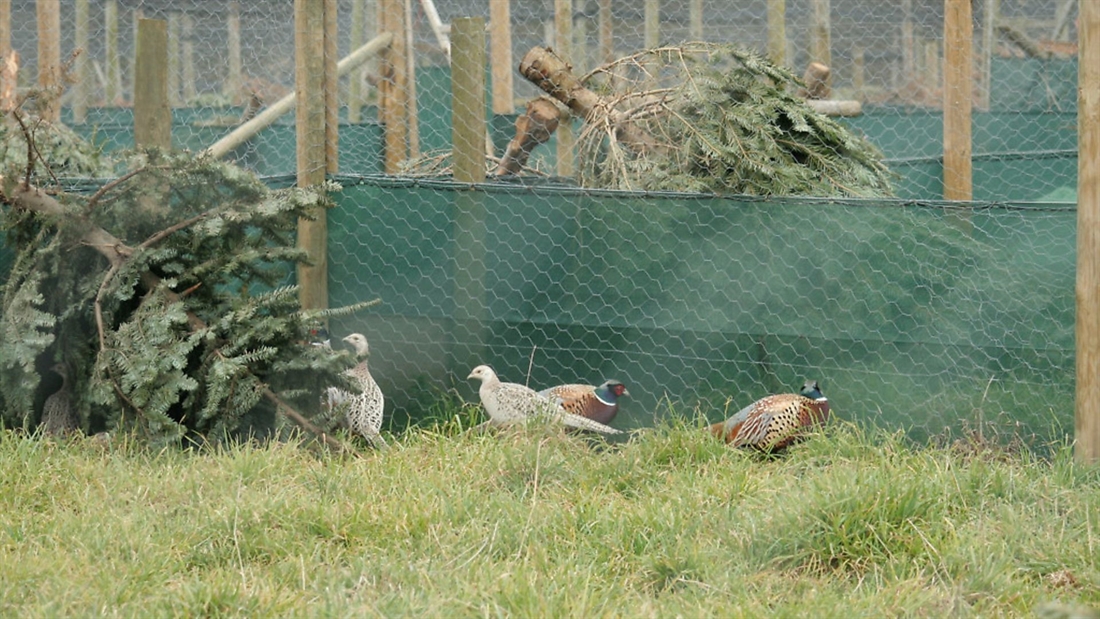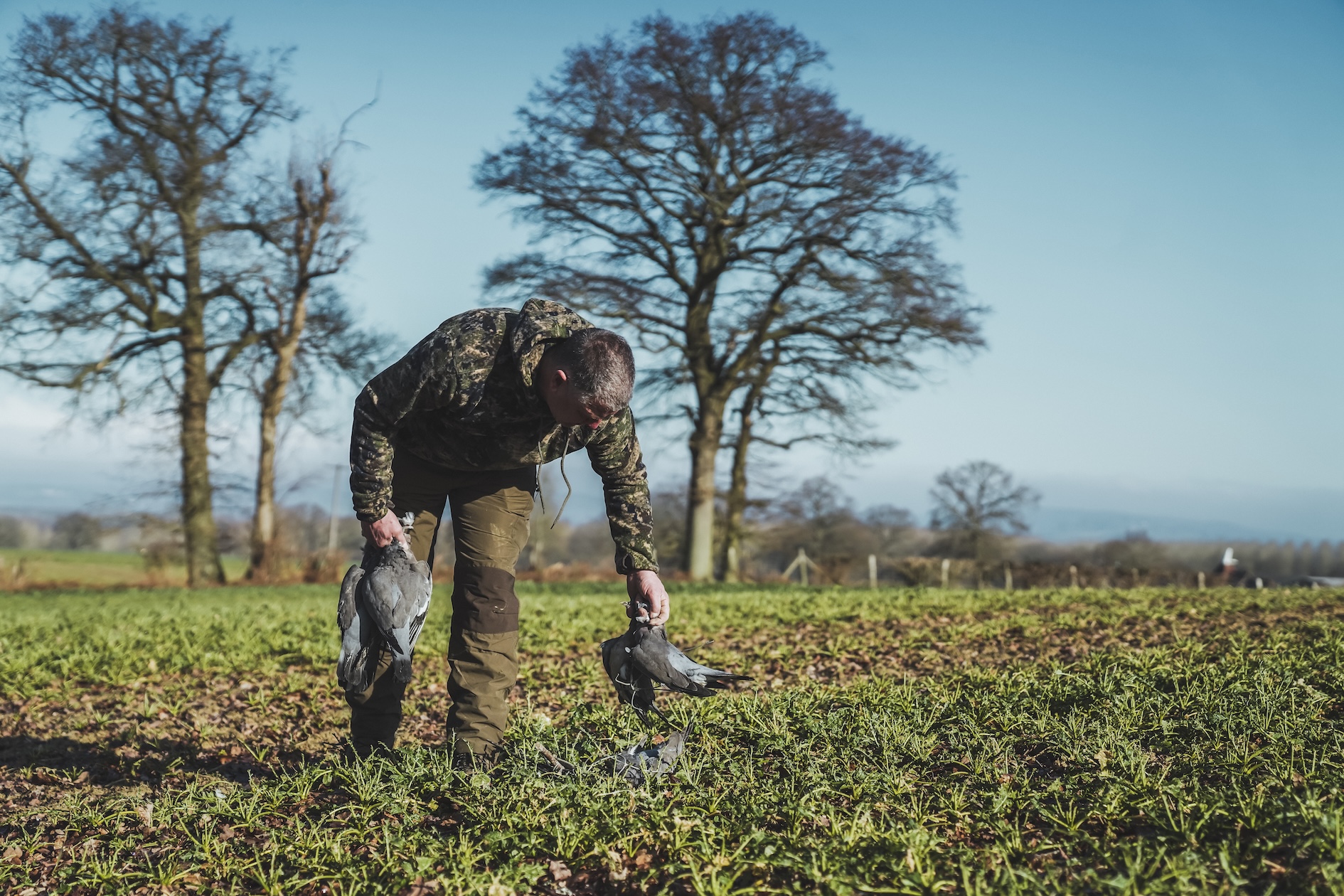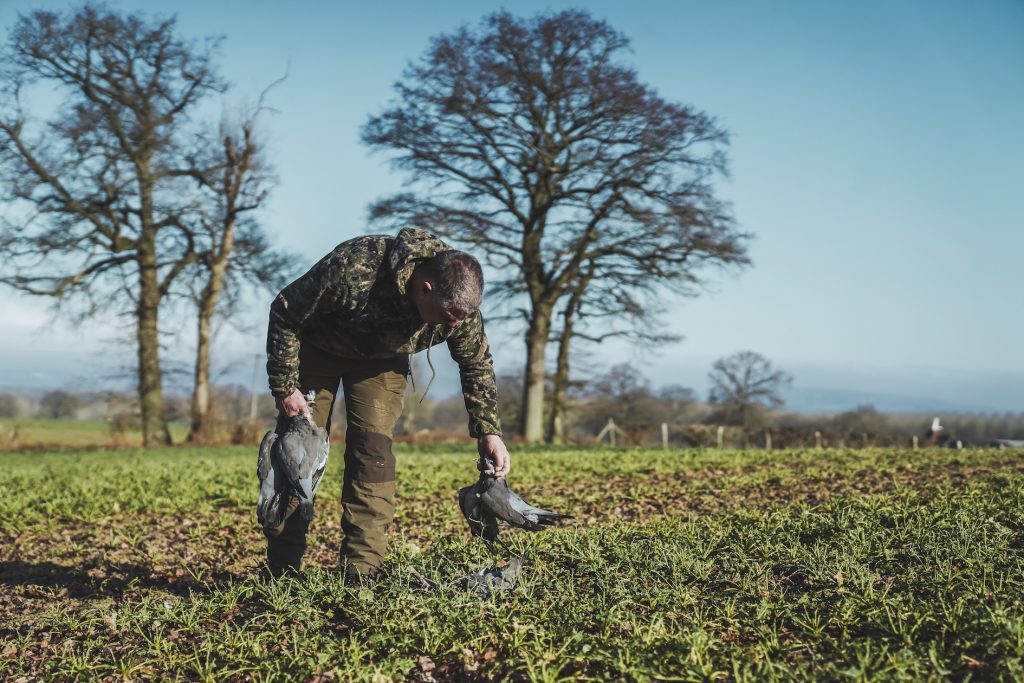★ Win a Schöffel Country shooting coat for everyone in your syndicate worth up to £6,000! Enter here ★
Worming breeding pheasants

How often should I be worming my Breeding stock pheasants?
Q: I have caught up some pheasants from my shoot to use as breeders. How often do I need to worm them?
RITA ALVES of Dalton’s Game Consultancy replies: Pheasants that have been caught up usually will carry some level of worm burden. The common worms found in pheasants are gapes (Syngamus trachea), hairworms (Capillaria spp) and caecal worms (Heterakis spp). Depending on the level of infection and type of worm, the clinical signs are usually emaciation, weakness and low egg production in breeders.
If the winter has been mild and wet, we expect the levels of infection to be higher, and if your stocking densities are high or you have had previous problems with worms in released birds, they are also more likely to carry higher levels of worms when caught up.
This winter has been extremely cold, but we still recommend that birds are wormed before or as soon as you introduce them in the breeding pens, in order to avoid them contaminating the ground with worm eggs through faecal droppings. Once the ground is contaminated, infection of the birds can occur by direct cycle, when the bird ingests the incubated worm egg or larvae, or by indirect cycle, when the bird ingests an intermediate host (an earthworm, slug or snail) that is carrying the worm egg or larvae.
Life cycles vary for each type of worm, but generally a worm egg needs two to four weeks to be incubated to become infective; once the bird is infected, the adult worm can be formed in 16 days to four weeks. For those reasons, we usually recommend worming the breeders every two to four weeks.
Take time to talk to your vet about a health plan for your flock, and make sure you use fresh ground for the pens as worm eggs can survive up to a year in the soil and in earthworms for much longer.
Related Articles
Get the latest news delivered direct to your door
Subscribe to Sporting Gun
Subscribe to Sporting Gun magazine and immerse yourself in the world of clay, game and rough shooting. As the leading monthly publication for passionate shooters at all levels, Sporting Gun delivers expert advice, practical tips and in-depth reviews to enhance your skills and enjoyment of the sport.
With features ranging from gundog training to pigeon shooting, and wildfowling to equipment recommendations, you’ll gain valuable insights from professional shooters and industry experts. A subscription not only saves you money on the cover price but also includes £2 million Public Liability Insurance, covering the use of shotguns, rifles and airguns for both recreational and professional use.







